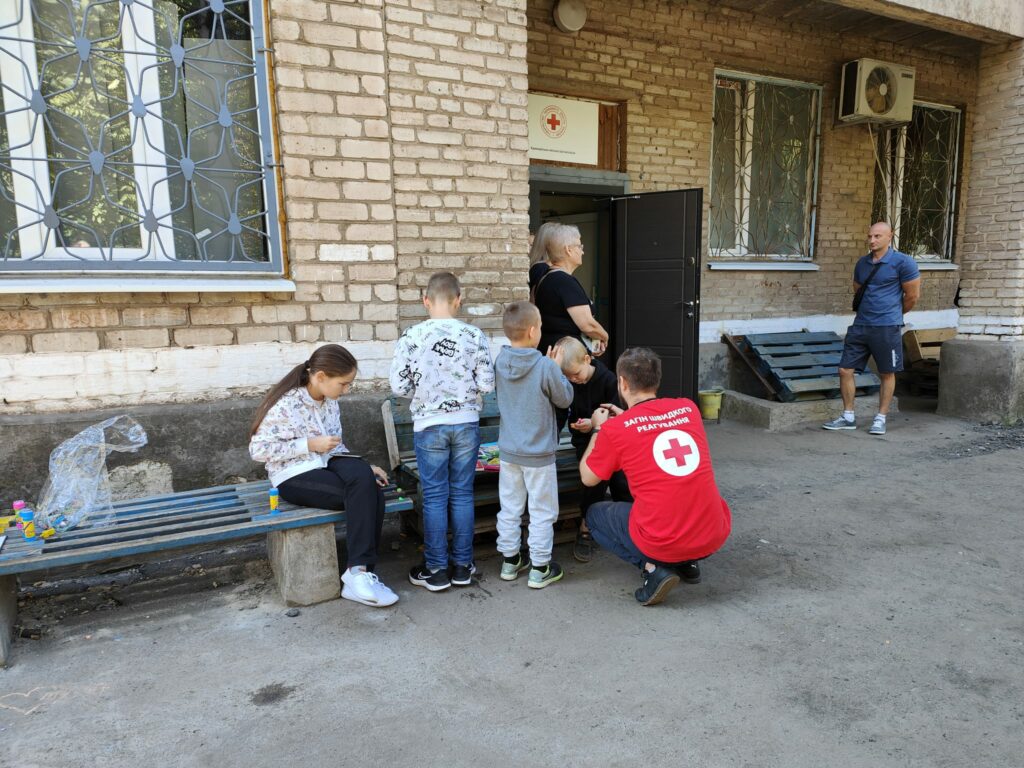22 July 2024

Volunteering embodies the very essence of humanism and solidarity. Since its creation by Henry Dunant, our institution has been based on the principles of volunteerism and selflessness, offering invaluable help to populations in times of peace and conflict alike.
Volunteering is based on a selfless commitment, where the act of serving takes precedence over any other consideration. Henry Dunant himself emphasised the fundamental difference between the mercenary and the volunteer: the former acts for gain, while the latter is driven by the desire to do something beneficial for society.
This selflessness is what gives Red Cross staff the esteem and respect they deserve, because they work first and foremost out of altruism. However, it is crucial to recognise and value this commitment, ensuring that volunteers are not exploited under the guise of their dedication. The true spirit of volunteering at the Red Cross lies in private initiative and spontaneous mutual aid, which complement the action of the public authorities.
Volunteering is the central pillar on which the Red Cross is based, and the desire to help and have a positive impact on society is one of the main motivations for joining the action in the field. Our organisation was born out of the urgent need for voluntary assistance, illustrated by Henry Dunant’s appeal during the Battle of Solferino. Faced with an insufficient number of doctors, Dunant mobilised local people to treat the wounded, thus launching the idea of voluntary aid.
This model has been perpetuated over the years, proving its effectiveness in disasters such as Hiroshima, where young Japanese Red Cross volunteers were the first to come to the aid of the wounded. Volunteering with the Red Cross is not just a practice, but a vocation, a commitment to help others without expecting payment in return.
Red Cross commitments to volunteers
The Luxembourg Red Cross makes clear commitments to its 1,500 volunteers to ensure a respectful and fulfilling working environment. The National Societies undertake to respect the national legislation governing volunteering in each of the countries where it operates and to promote laws favourable to this commitment.
Volunteers are included in the programming and development of their National Society, which strengthens the links between the organization and local communities. The Red Cross promotes inclusive, culturally sensitive volunteering and offers a variety of learning opportunities to enrich volunteers’ skills. In addition, a system is in place to monitor and recognise volunteers’ contributions, ensuring that their involvement is fair and separate from that of paid staff.
Finally, volunteering is seen as a means of building a society based on values such as tolerance, peace and solidarity, demonstrating the positive impact of volunteer involvement in meeting humanitarian challenges.
Want to find out more about the values of the Red Cross? Discover our principles